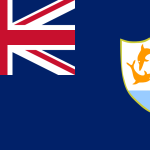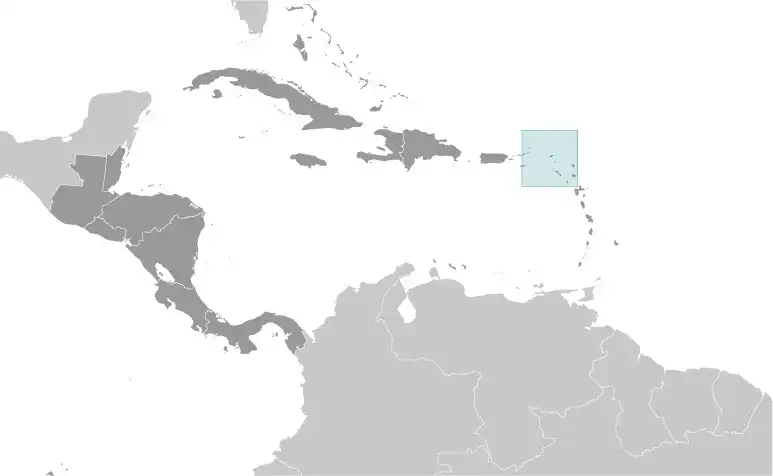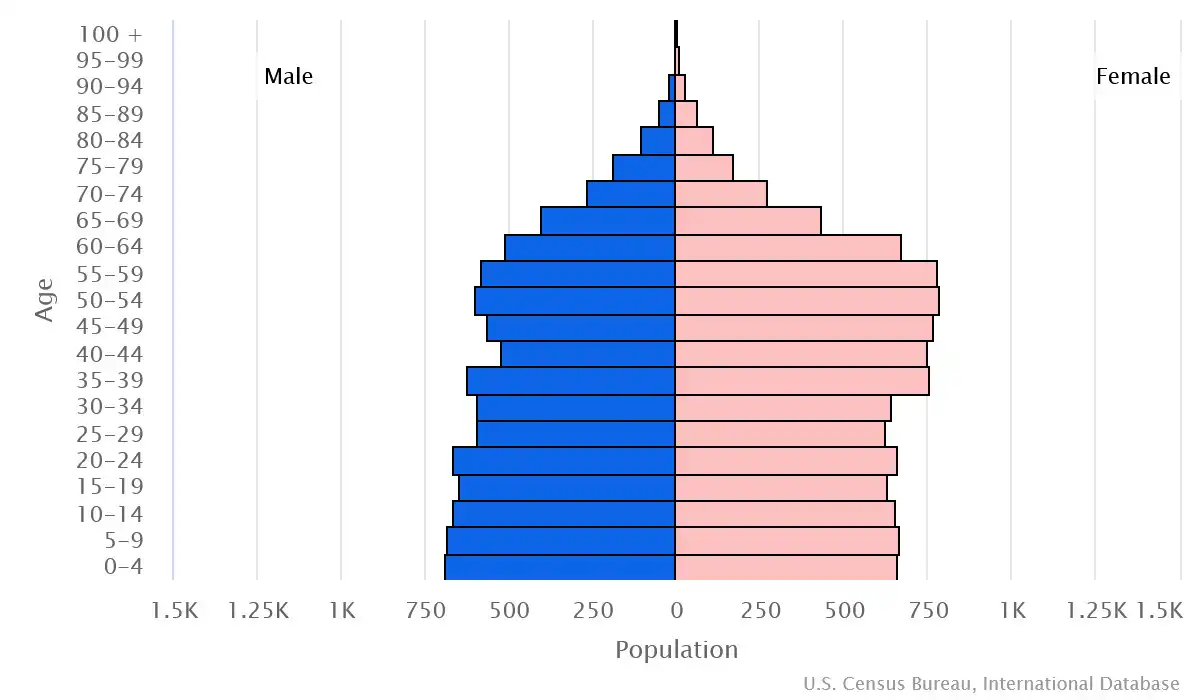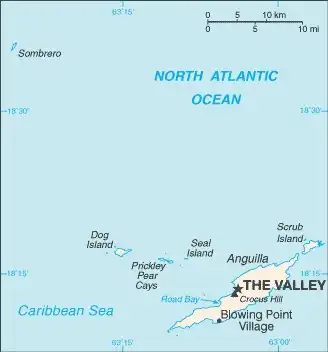
Anguilla
Veröffentlicht: 18. June 2022 - Letztes Update: 28. February 2025
Country Data Dashboard

Population
19,416
Growth: 1.74% (2024 est.)
GDP
no data
Area
91 sq km
| Government type: | parliamentary democracy (House of Assembly); self-governing overseas territory of the UK |
| Capital: | The Valley |
| Languages: | English (official) |
People & Society
Ethnicity (2011 est.)
Religion (2011 est.)
Age structure

Economy
Economic overview
small, tourism-dependent, territorial-island economy; very high public debt; COVID-19 crippled economic activity; partial recovery underway via tourism, benefitting from its high amount of timeshare residences; considering reopening oil refinery
Real GDP (purchasing power parity) in Billion $
no data
Real GDP per capita in $
No data
Exports & Imports in million $
Top 5 Import Partner in 2022 (95%)
Top 5 Import Commodities in 2022
- poultry 🍗
- copper ore 🟧🪙
- refined petroleum ⛽
- natural gas 💨
- fish 🐟
Top 5 Export Partner in 2022 (95%)
Top 5 Export Commodities in 2022
- packaged medicine 💊
- garments 👕
- vehicle parts/accessories 🛠️🚗
- trucks 🚚
- blank audio media 🎧
Geography
Map

Area
Natural resources
- salt 🧂
- fish 🐟
- lobster 🦞
Climate
tropical; moderated by northeast trade winds
Historical Background Information
English settlers from Saint Kitts first colonized Anguilla in 1650. Great Britain administered the island until the early 19th century, when -- against the wishes of the inhabitants -- Anguilla was incorporated into a single British dependency along with Saint Kitts and Nevis. Several attempts at separation failed. In 1971, two years after a revolt, Anguilla was finally allowed to secede; this arrangement was formally recognized in 1980, when Anguilla became a separate British dependency. In 2017, Hurricane Irma caused extensive damage on the island, particularly to communications and residential and business infrastructure.
